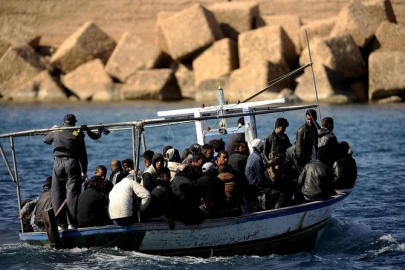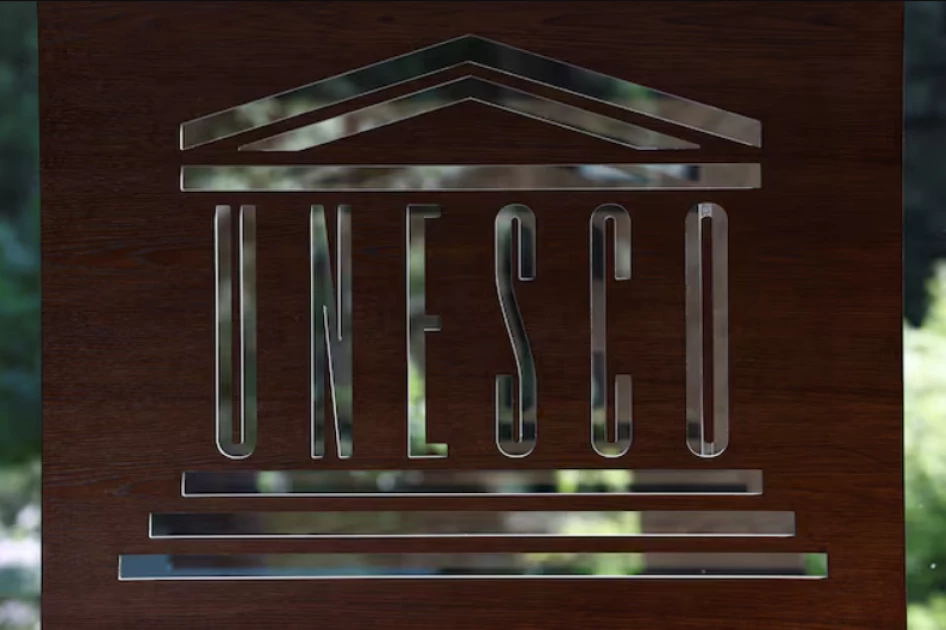Ma Yang’s life was shaped by war, hope, and heartbreak. Born in a refugee camp in Thailand after her Hmong parents fled a brutal war in Laos, she grew up in the United States — a place she always called home. But in early 2025, Ma’s life was turned upside down when she was deported to Laos, a country she had never lived in and does not even speak the language of.
Ma Yang, 37, lives in Milwaukee, Wisconsin, with her long-term partner Michael Bub and their five children. Her family’s roots stretch back to the Secret War — a covert CIA operation during the Vietnam War era when the U.S. recruited the Hmong people to fight communist forces in Laos. After the war, many Hmong, including Ma’s parents, fled persecution and found refuge in the U.S.
Ma lived legally in the U.S. for decades as a permanent resident. But in 2022, she pleaded guilty to marijuana-related charges. Under U.S. immigration laws, non-citizens who commit certain crimes risk losing their right to stay. After serving a prison sentence, Ma was released with a removal order. Her lawyer reassured her that deportation to Southeast Asia was unlikely.
However, under President Trump’s second term, U.S. immigration enforcement intensified. Thousands of immigrants with criminal convictions were being deported to countries like Laos and Vietnam, even if they had little connection to those nations. Ma was one of hundreds quietly deported in early 2025.
Ma’s deportation to Laos—her parents’ homeland, but a place she had never known—was a devastating blow to her and her family. She now faces a difficult life in Vientiane, thousands of miles away from her children, who struggle with the sudden loss of their mother.
Her partner Michael Bub, a U.S. citizen who has undergone brain surgeries and receives disability benefits, is now left to care for their five children alone. The family had been rebuilding their lives after Ma’s release from prison; they had even recently bought a home in a better neighborhood.
“We paid for what we did,” Michael said. “But I wanted to trade places with her if they’d let me.”
The story of Ma Yang highlights a larger shift in U.S. immigration policy. Decades after the Secret War, the U.S. is deporting former refugees—many with deep ties to America—to countries they barely know. Advocates warn that this creates a generation of stateless people caught between two worlds, with families torn apart by legal decisions rooted in complex histories.
Despite being born in a refugee camp and never holding citizenship in Laos, Ma was classified by U.S. authorities as removable and deported when Laos began issuing travel documents under political pressure.
Immigration advocates argue the U.S. government must take responsibility for refugees displaced by its wars, protecting their right to remain. Meanwhile, Ma and her family fight to reunite.
Each day apart is painful. Ma missed her youngest daughter’s kindergarten graduation. Her eldest daughter, who grew up with her, feels lost and angry. “No kid should fear losing their family like this,” Ma said.
Ma’s family has launched a fundraiser to support legal efforts to bring her home. Her story is a painful reminder of the human cost behind shifting immigration policies—where loyalty, history, and identity collide.



